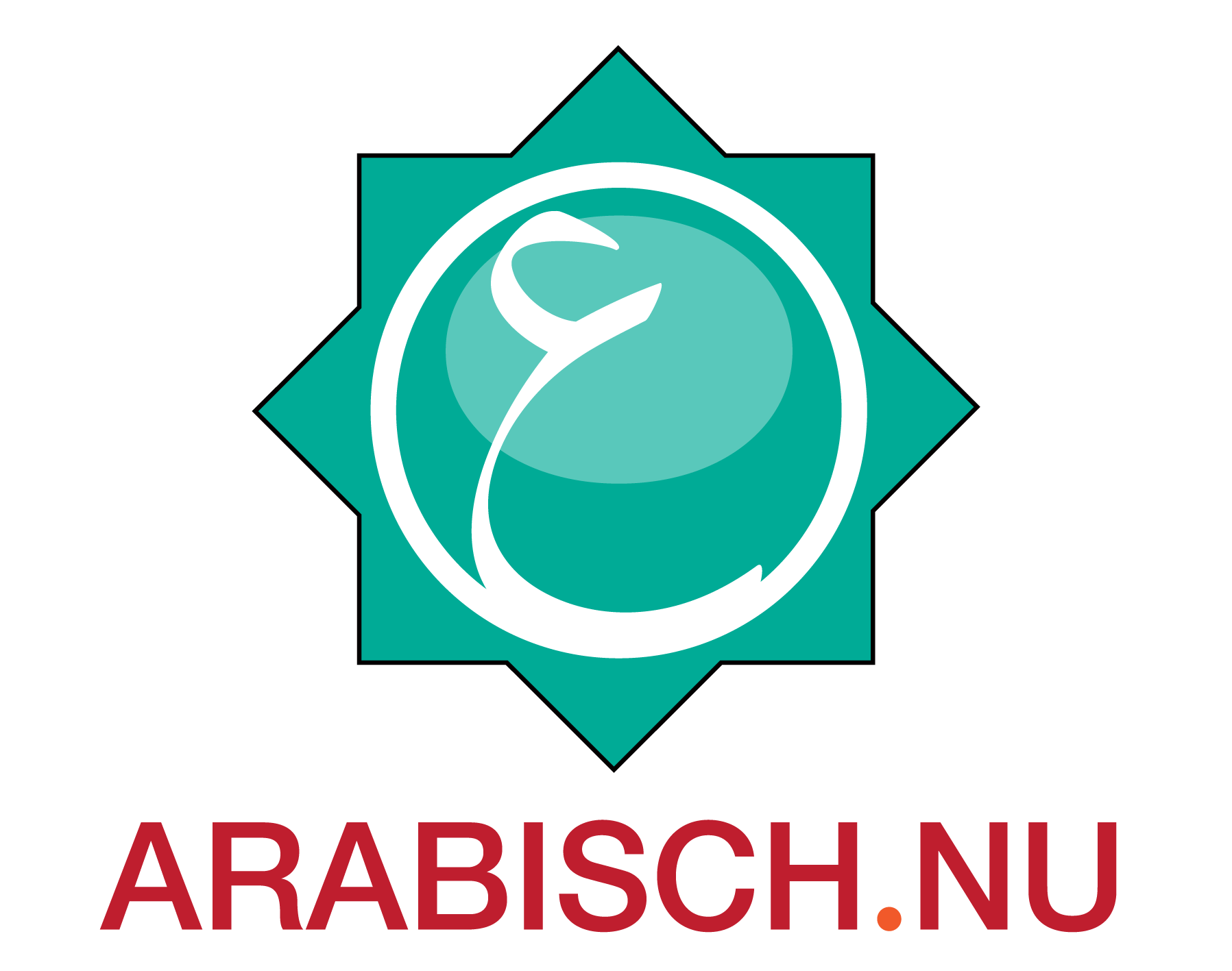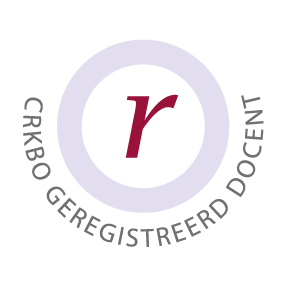FAQ
Can I have private/ Semi-private tuition?
How do I enroll with some knowledge of the Arabic language?
How quickly will I learn Arabic?
In how many forms does Arabic exist?
Is Arabic difficult?
Isn’t Modern Standard Arabic difficult to learn?
What will I learn in the first year?
Where and when is Modern Standard Arabic spoken?
Why study Arabic?
Can I have private/ Semi-private tuition?
For those unable to attend our public courses or wish to have a course structured to their specific requirements, we are able to arrange private tuition. Semi-private classes, with two or more students studying together, can also be arranged. Classes are held at our training center and timings are arranged to suit the student’s needs, between 9.00 am and 6.00 pm. We recommend 1½ -2-hour classes twice a week, but more intensive schedules can be arranged. Please, for details of the cost options, call us, and to arrange a schedule for you: 070-414 07 66/06-14 234 092.
How do I enroll with some knowledge of the Arabic language?
We can arrange an assessment for you, these consists of a test of 90 minutes afterward follow a conversation of 5 minutes, with one of our instructors to determine your level of Arabic and advise you on the best course to pursue your Arabic language studies. Assessments cost € 16,- which is fully deductible against the cost of a course, should you subsequently sign up. To arrange an assessment, simply give us a call on 070-414 07 66/ 06-14 234 092.
How quickly will I learn Arabic?
This depends on the individual student. Those using the language all the time and insist on speaking it at every opportunity will become fluent at an early level with the vocabulary they have. Students are encouraged to speak Arabic in class, but if this is not translated into everyday life, it will take longer to acquire fluency.
In how many forms does Arabic exist?
Arabic exists in two forms:
- The modern Standard Arabic is used in schools, universities, on television, in government and parliament, and on official meetings like conferences and seminars and as well on formal occasions such as speeches, debates. It is also used in religious assemblies, sermons of the Friday prayers, etc….
(it’s what you’ll learn with us, more info …… )
- The colloquial dialects which differ from one region to another (they are 5 dialects in the Arab world). The colloquial dialect refers to the informal use of the language.
(it’s what you’ll learn with us, moor info …… )
Is Arabic difficult?
YES – and no. Learning Arabic certainly takes time and practice, but there are not many irregularities in the grammar. It’s much less complicated than Latin, and probably simpler than German, too.
Arabic is like any other language, easy in some aspects and hard in some others, depending on the learner’s background, and ability to adapt to new rules.
If you speak a European language, the root system of Arabic is an unfamiliar concept. Arabic words are constructed from three-letter “roots” which convey a basic idea. For example, k-t-b conveys the idea of writing. The addition of other letters before, between, and after the root letters produces many associated words: not only “write” but also “book”, “office”, “library”, and “author”.
Learning vocabulary may cause problems at first. In most European languages there are many words that resemble those in English. Arabic has very few, but it becomes easier once you have memorized a few roots.
Arabic has many regional dialects, and if you want to master one of these the only really effective way is to spend a few years in the place of your choice. For general purposes – such as reading or listening to the radio – it’s best to concentrate on Modern Standard Arabic (numerous courses and textbooks are available). This would also be useful if you’re interested in Islam, though you would need some additional religious vocabulary.
There are 28 consonants and three vowels – a, i, u – which can be short or long. Some of the sounds are unique to Arabic and difficult for foreigners to pronounce exactly, though you should be able to make yourself understood.
The normal word order of a sentence is verb/subject/object. The function of nouns in a sentence can also be distinguished by case-endings (marks above the last letter of a word) but these are usually found only in the Qur’an or school textbooks.
Feminine nouns add the suffix …aat to form the plural but masculine nouns generally have a “broken” plural which involves changing vowels in the middle of the word: kitaab (“book”); kutub (“books”).
Arabic has very few irregular verbs and does not use “is” or “are” at all in the present tense: “the king good” means “the king is good”. Subtle alterations in the basic meaning of a verb are made by adding to the root. These changes follow regular rules, giving ten possible “verb forms” (though in practice only three or four exist for most verbs). The root k-s-r produces:
form I kasara, “he broke”
form II kassara, “he smashed to bits”
form VII inkasara, “it was broken up”
Sometimes these must be used with care: qAtala means “he fought” but qatala means “he killed”.
Isn’t Modern Standard Arabic difficult to learn?
Learning Modern Standard Arabic requires more effort than learning a spoken Arabic dialect, but it is an effort with a much bigger payoff. Knowledge of Modern Standard Arabic opens the doors to the whole Arab World. Modern Standard Arabic (and its roots in Classical Arabic) is the heart and soul of the Arabic language and the greatest treasure of the Arab culture. Once you have basic knowledge of Modern Standard Arabic, learning a dialect becomes a lot easier, so why not start learning Arabic now?
What will I learn in the first year?
We focus on oral communications to get students to speak the language straight away. By the end of the first class, students will know how to greet someone and reply, introduce themselves and ask if you would like a tea or coffee and reply.
Where and when is Modern Standard Arabic spoken?
Since Modern Standard Arabic is a standardized language, its spoken form is used as a lingua franca across the Arab world. Conversing in Modern Standard Arabic makes it possible for Arabs of different nationalities to understand one another. This way, they avoid the ambiguities and misunderstandings caused by dialectal differences. Spoken Modern Standard Arabic is the language used in schools, universities, on television, in government and parliament, and in official meetings like conferences and seminars and as well on formal occasions such as speeches, debates. It is also used in religious assemblies, sermons of the Friday prayers, etc.
Why study Arabic?
There are nearly 360 million native speakers of Arabic in an increasingly globalized world. Arabic is widely spoken in dozens of nations and regions. Proficient Arabic speakers are in high demand, within academia and in a number of exhilarating careers. Arabisch.nu studies are poised to become:
-
- The next generation of Arabic language teachers
- Future diplomats and leaders
- USG Political and intelligence analysts
- Entrepreneurs and business executives for global companies
- Pioneers to develop health, education, and national policies
- International traders and lawyers
- Engineers designing the future to meet our changing energy needs
Permalink Comments off




